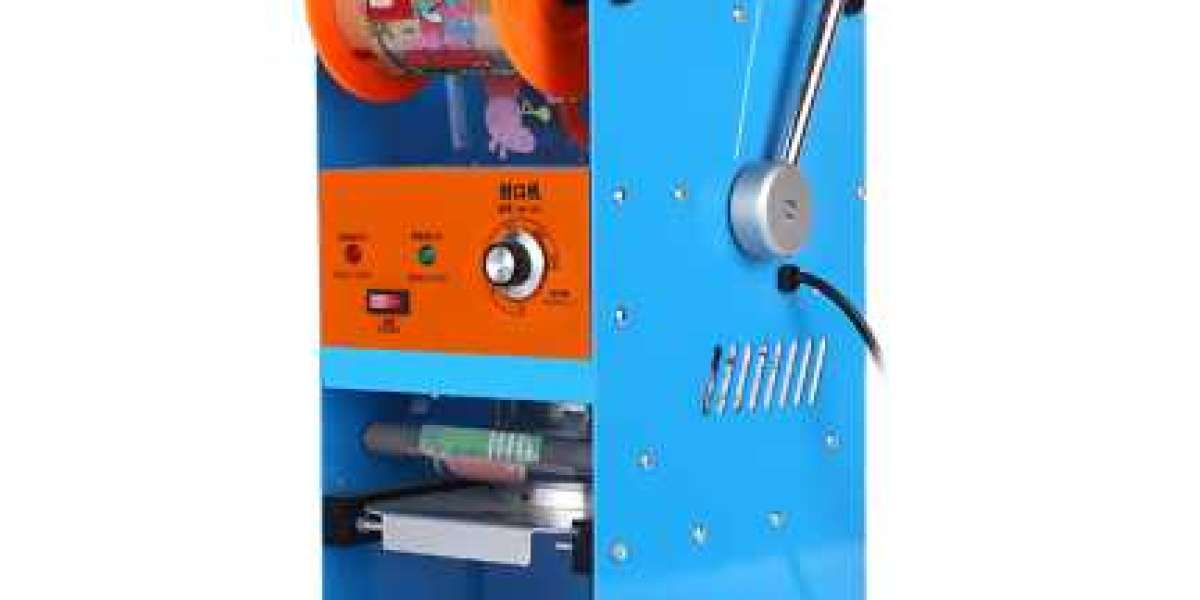Millions of individuals worldwide are affected by anxiety disorders, which have a significant impact on their daily activities, relationships, and overall well-being. It is imperative to comprehend the intricacies of anxiety and implement effective treatment strategies in order to effectively manage and overcome this condition. The present article explores a variety of practical tools and techniques that can be used to treat anxiety, offering insights into self-help methods, lifestyle modifications, and therapeutic approaches.
Comprehending Anxiety Disorders
Anxiety disorders are a group of conditions that are distinguished by an excessive amount of apprehension, worry, and dread. The most prevalent forms are panic disorder, social anxiety disorder, generalized anxiety disorder (GAD), and specific phobias. Persistent apprehensive thoughts, physical tension, restlessness, and difficulty concentrating are among the common symptoms of these disorders, which can manifest differently in different individuals.
Cognitive Behavioral Therapy
(CBT) is a therapeutic approach that is widely recognized for the treatment of anxiety. It concentrates on the identification and modification of negative thought patterns and behaviors that contribute to anxiety. Individuals acquire strategies and coping skills to effectively manage apprehensive thoughts and reactions through structured sessions with a therapist.
Mindfulness-Based Stress Reduction (MBSR):
MBSR is a stress-reduction technique that combines yoga and mindfulness meditation to promote awareness and alleviate tension. Individuals can cultivate a sense of acceptance and tranquility by observing their apprehensive thoughts without judgment through the practice of mindfulness.
Exposure Therapy:
In a controlled environment, exposure therapy involves progressively exposing individuals to feared situations or objects. This process of systematic desensitization reduces anxiety responses over time, enabling individuals to more effectively confront and manage their concerns.
Medication:
In certain instances, anxiety symptoms may be alleviated by medications such as selective serotonin reuptake inhibitors (SSRIs) or benzodiazepines. These medications function by modulating neurotransmitters in the brain that are associated with anxiety and mood.
Modifications to one's lifestyle
Physical activity can substantially alleviate symptoms of anxiety by enhancing overall well-being and promoting the release of endorphins. Regular exercise is recommended. Swimming, yoga, or jogging can be particularly advantageous.
Healthy Diet:
Mental health is promoted by a balanced diet that is abundant in lean proteins, fruits, vegetables, and whole cereals. It is also possible to alleviate anxiety symptoms by refraining from consuming an excessive amount of stimulants and alcohol.
Adequate Sleep:
Emotional stability and anxiety reduction are contingent upon quality sleep. Better sleep hygiene can be achieved by establishing a consistent sleep schedule and creating a comfortable sleep environment.
Stress Management Techniques:
During stressful situations, individuals can experience relaxation and relief from anxiety symptoms by utilizing techniques such as progressive muscle relaxation, guided imagery, and deep breathing exercises.
Strategies for Self-Help
Journaling: The act of maintaining a journal can serve as a means of conveying one's emotions and thoughts regarding anxiety. Self-awareness and clarity can be enhanced by documenting concerns and pinpointing triggers.
Support Networks:
Emotional validation and practical advice can be obtained by establishing connections with friends, family, or support groups. Sharing experiences with individuals who comprehend them can alleviate feelings of isolation and foster a sense of inclusion.
Time Management:
Anxiety can be mitigated and feelings of overwhelm can be prevented by organizing tasks and establishing achievable objectives. Productivity and tension can be improved by prioritizing responsibilities and dividing them into smaller, more manageable steps.
Mindfulness and Relaxation Applications:
Mobile applications provide individuals with the ability to access guided meditation, relaxation exercises, and mindfulness practices at any time and from any location. These instruments are especially beneficial for the practice of mindfulness in daily life.
Seeking Professional Assistance
It is advisable to seek professional assistance from a therapist or psychiatrist if anxiety symptoms have a substantial impact on daily functioning or persist despite self-help efforts. Mental health professionals can develop customized treatment plans that are customized to the unique requirements of each patient, integrating evidence-based therapies and medications as needed.
In conclusion,
Anxiety management necessitates an approach that integrates self-help strategies, lifestyle modifications, and therapeutic interventions. Individuals can enhance their quality of life and effectively manage anxiety by comprehending the nature of anxiety disorders and employing practical tools and techniques. The complexities of anxiety can be unraveled and a path to healing and recovery can be established through continuous self-awareness and support. In conclusion, this article has examined a variety of anxiety treatment components, underscoring the significance of incorporating self-help strategies, lifestyle modifications, and therapeutic approaches to alleviate symptoms and enhance mental health. Individuals can begin a journey toward overcoming anxiety and adopting a healthier, more balanced life by incorporating these practical tools and techniques.


